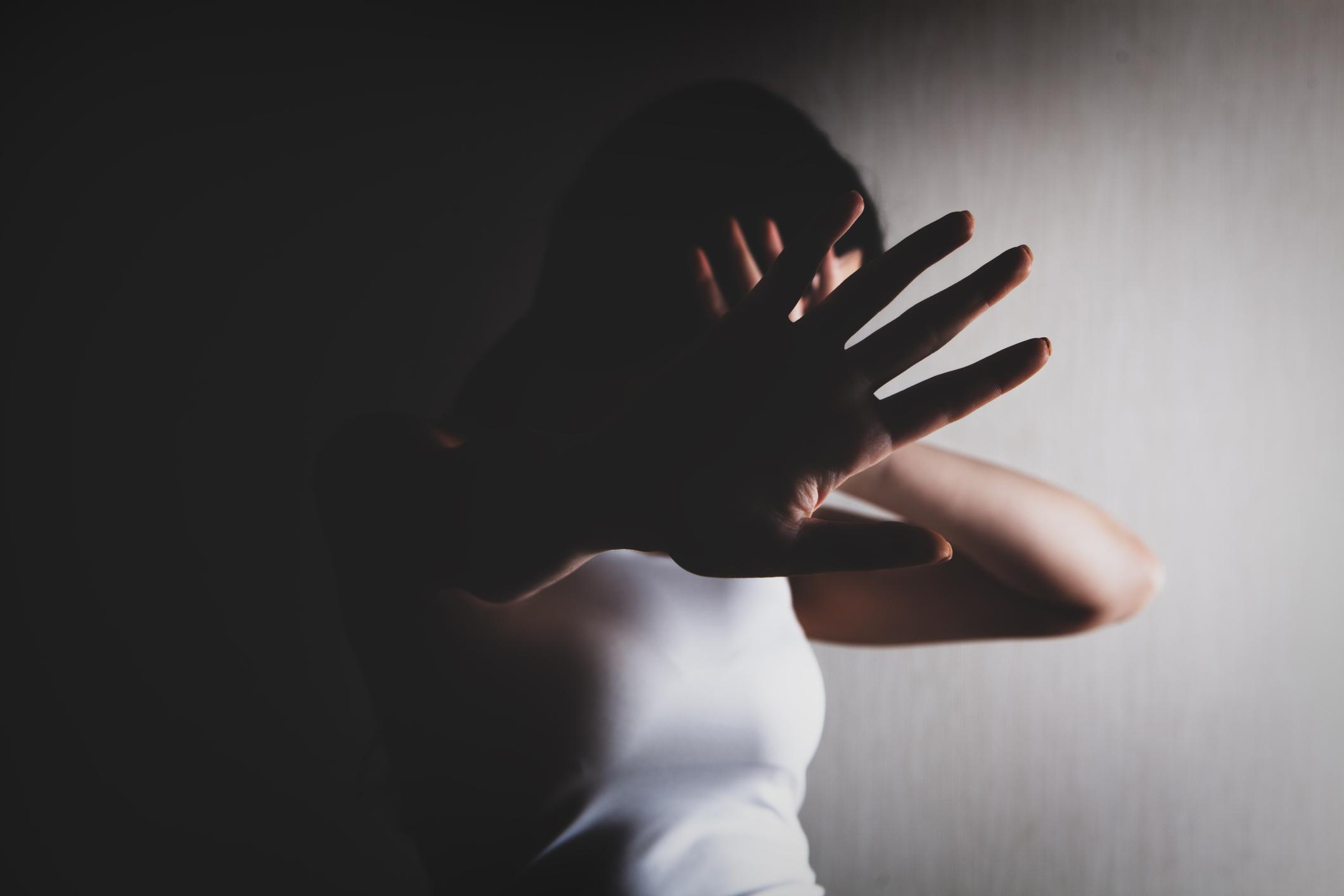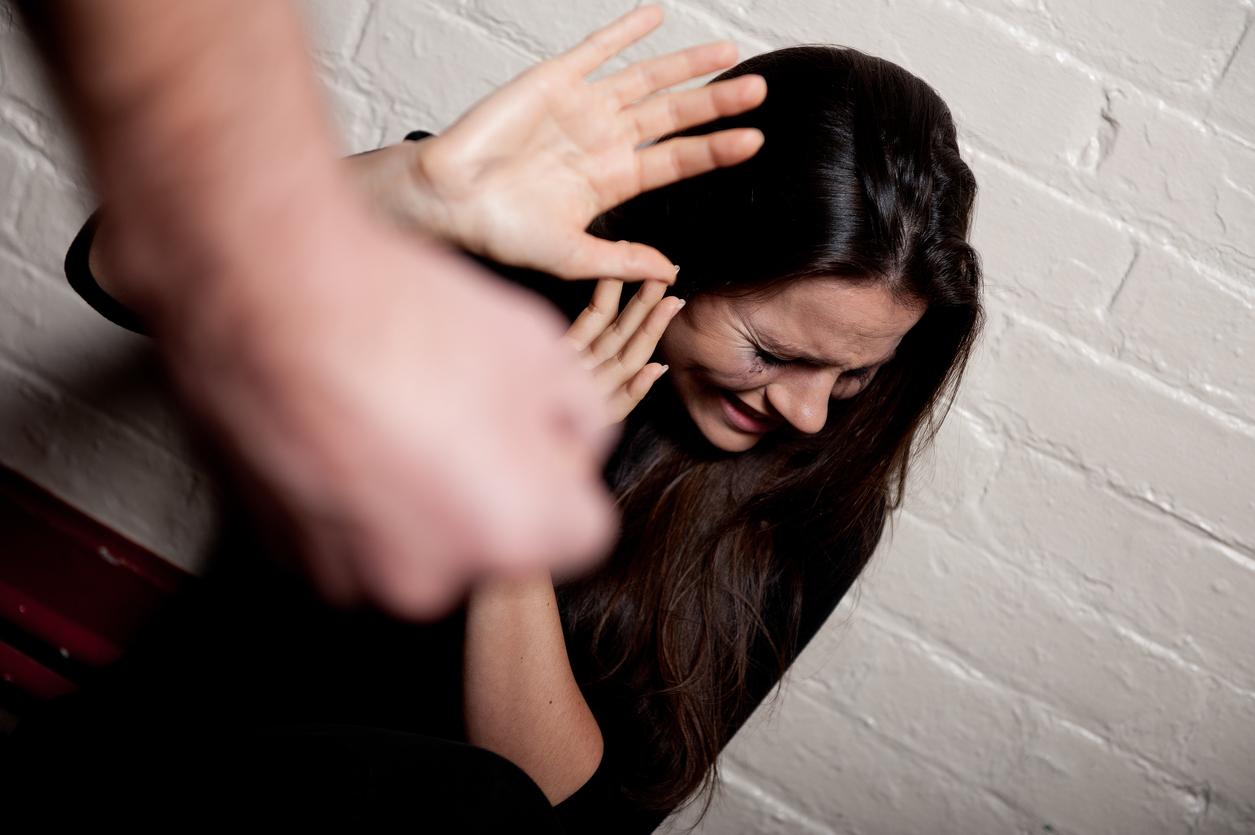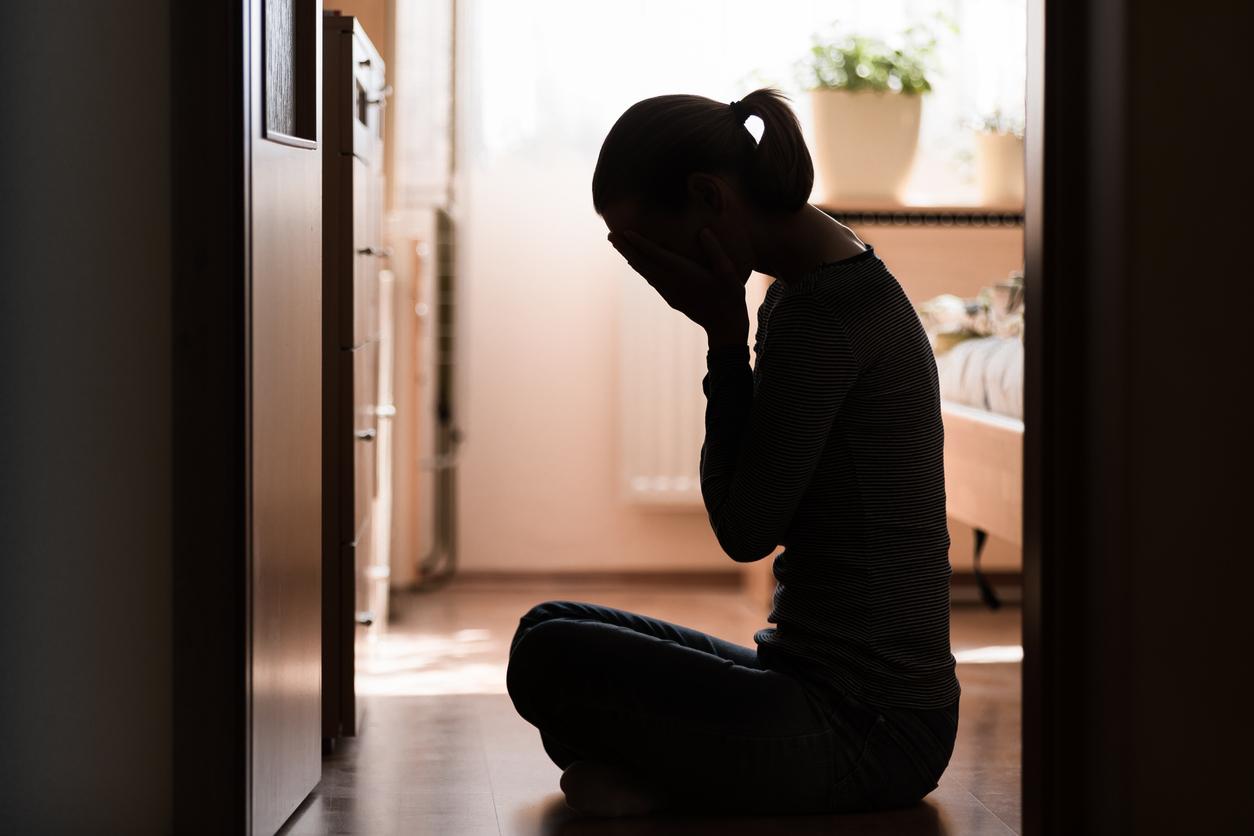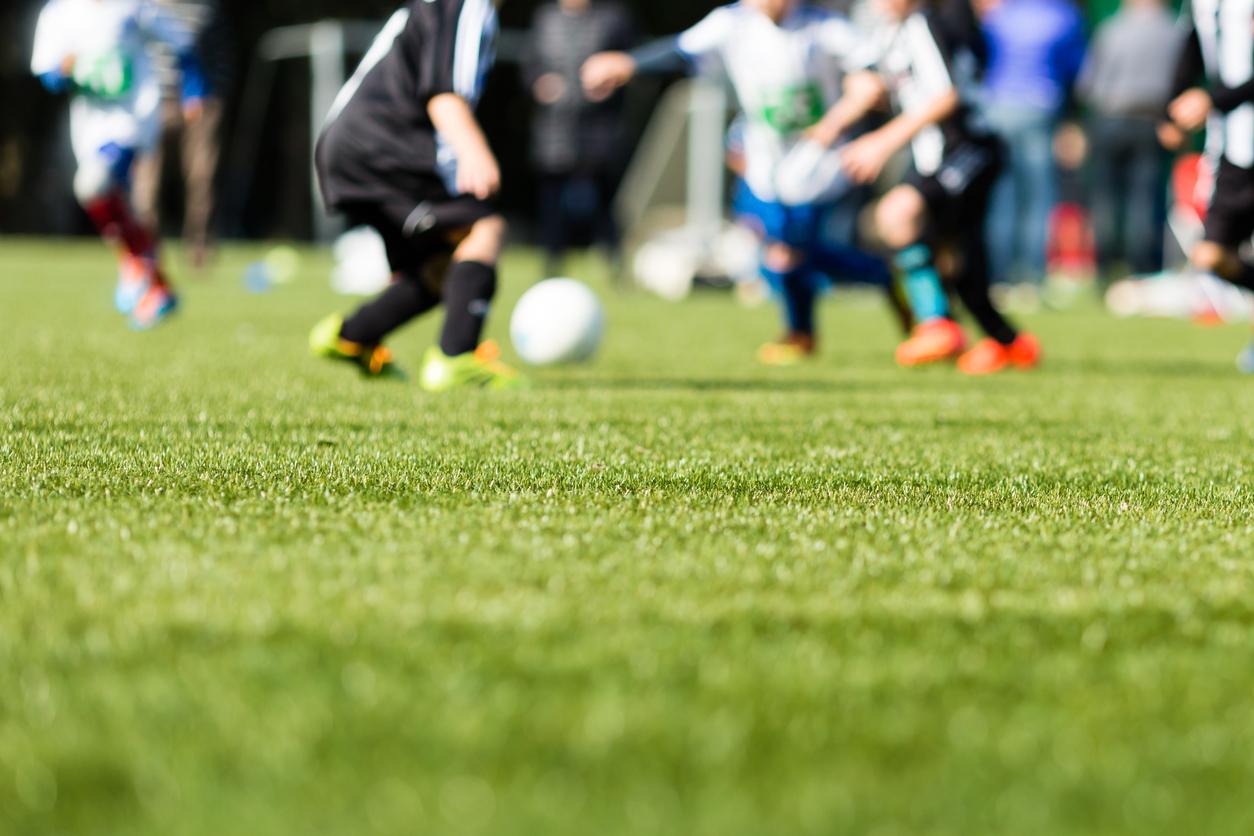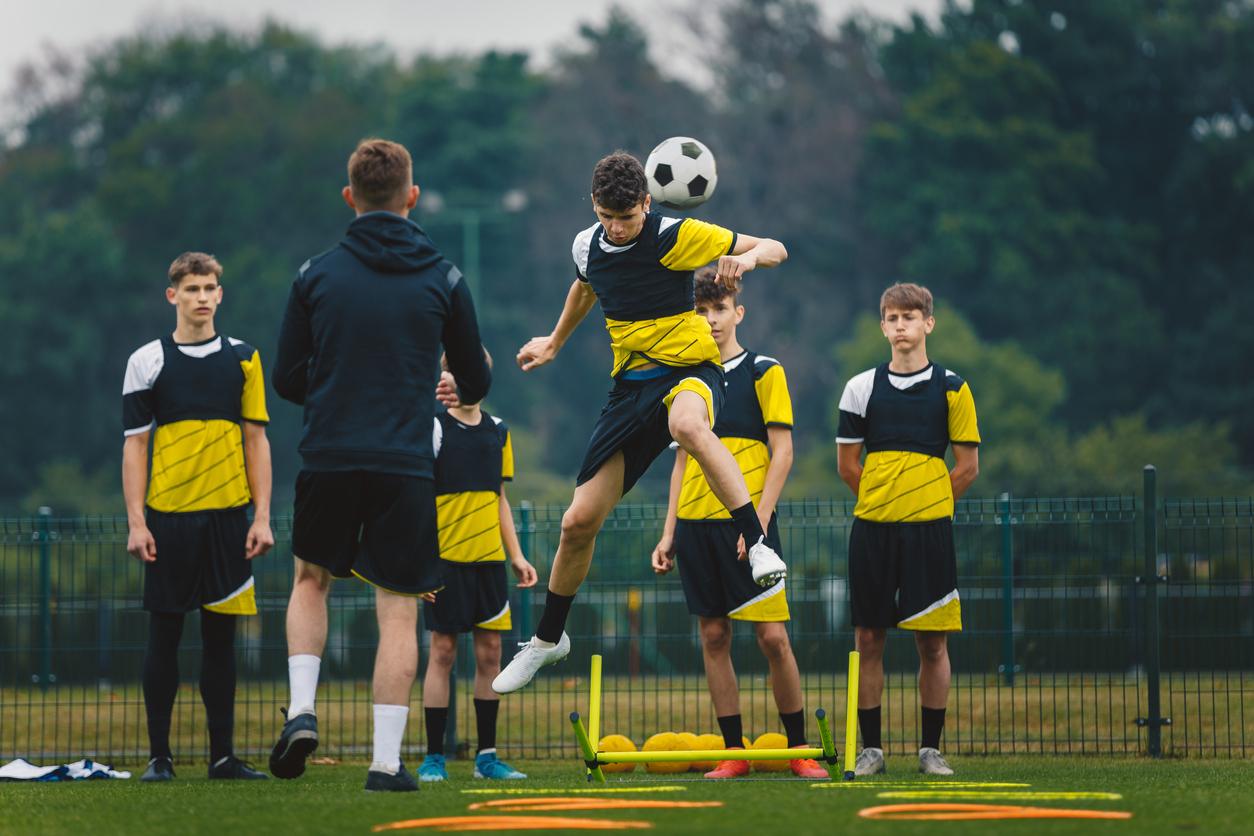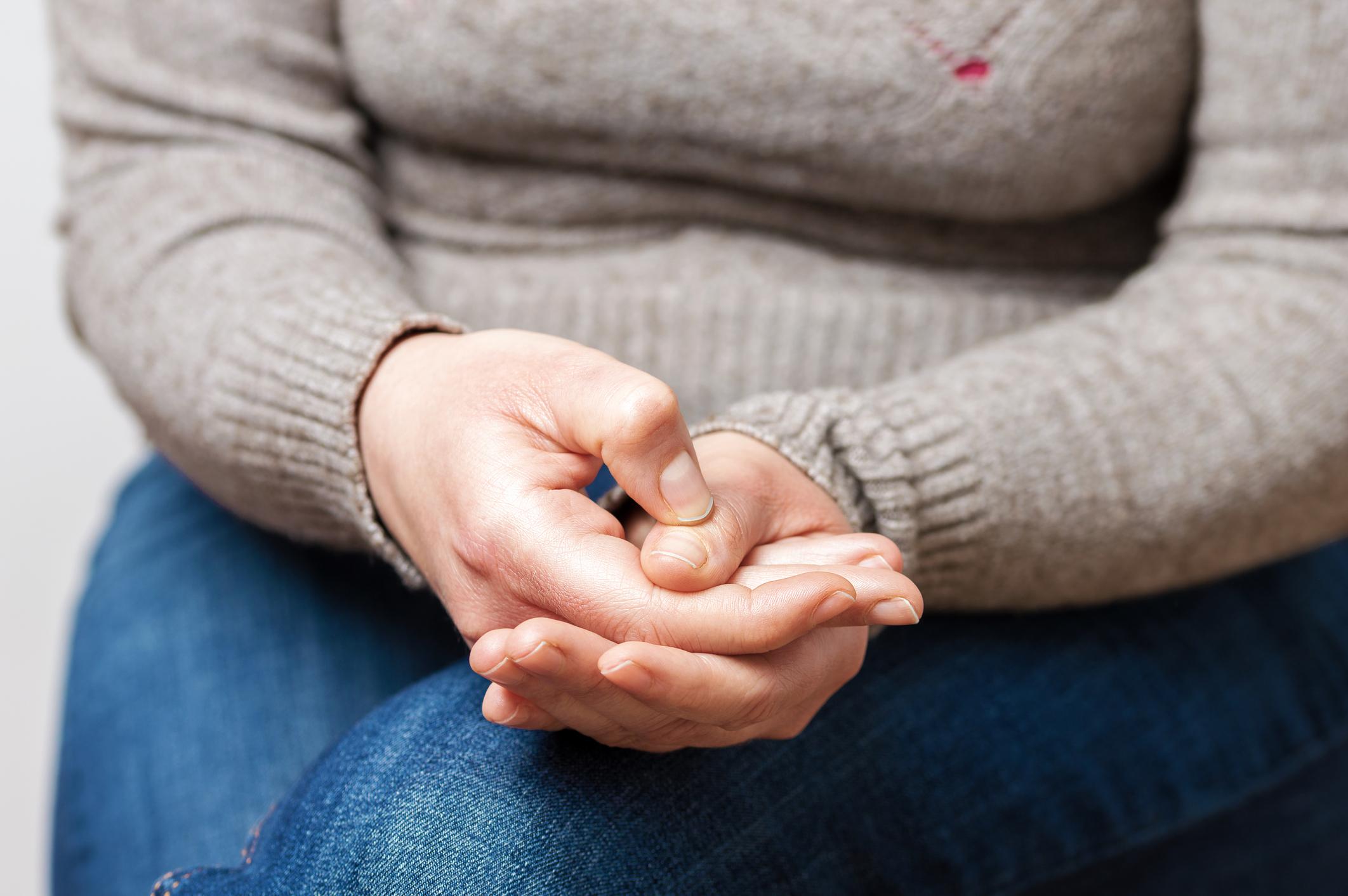Does the FIFA World Cup exacerbate violence within couples? According to a university study, domestic violence would jump 38% if the national team are defeated.
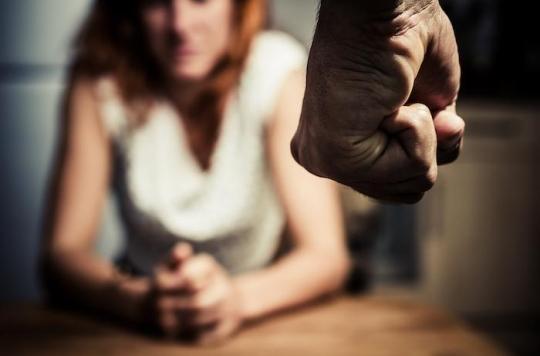
For eight days now, the world has been living to the rhythm of the FIFA World Cup. A moment of unity between nations, of surpassing oneself and of fraternity, the 2018 World Cup also has its hidden face: domestic violence.
According to a study carried out by the University of Lancaster, England, and published in June 2014 in the Journal of Research in Crime and Delinquency, the authors explain, with supporting figures, that the rate of domestic violence jumps when the team supported within the home loses its match. Based on matches in the 2002, 2006 and 2010 editions in which England lost, they show that domestic violence would increase by 38% in England and Wales after a defeat. A victory does not ensure peace in the home either: if the British team wins, the researchers also noted a 26% increase in domestic violence.
The other sports also concerned
In 2014, during the previous World Cup, the British association “Tender Education and Art” seized these figures to carry out a shock campaign, broadcast in the United Kingdom throughout the competition.
We saw a woman sitting on a sofa, her eyes riveted on a football match, supporting the England team and praying for them to win the game so as not to be beaten by her partner.
This phenomenon is not, however, confined to our British neighbors and only football fans. In the United States too, American football matches can, in the event of a defeat of a team, be the trigger for violence within the couple. A study conducted in 2013 by the National Institute of Health American reported that the final of the SuperBowl, the national football championship, was particularly at risk. The authorities have recorded a 10% increase in cases of male violence against their partner if the supported team is beaten “unexpectedly”, that is to say when the points difference is important and that the match takes place at home.
Sport and alcohol as a pretext for violence
However, it would be misleading to attribute to sport, and in particular to football, the increase in violence against women on match nights. As underlined in 2014 the feminist site News News, “Major sporting events do not cause domestic violence, because violent people are solely responsible for their actions. But the levels of alcohol consumed, linked to the highly emotional nature of these events, seem to increase the frequency of incidents.”
A point of view shared by criminologist Stuart Kirby. In an interview with Guardian, he explained in 2014: “Because the World Cup increases the etiological factors of domestic violence, there will be individuals who will commit domestic violence for the first time”.
In most cases of domestic violence on match nights, the perpetrators of it have been drinking more than they should. Thus, a study by the National Observatory on Delinquency and Criminal Responses (ONDRP), cited by The Express, establishes that nearly half of the women victims of violence on the part of their spouse believed that they were under the influence of drugs or alcohol at the time of the facts.
However, it should be remembered that excessive alcohol consumption is far from being an excuse for violence. Just as the defeat of the national team at the World Cup is not one either. Men who assault their partners use these elements as a pretext, explains Ryan Campbell, CEO of the British organization Drug, Alcohol and Mental Health Services. “The reason is probably alcohol rather than football itself, and the cultural link that exists between the two”, he analyzes in an article in the Madame Figaro. “For unknown reasons, some people feel the need to be alcoholic to watch a soccer game. They take this occasion as an excuse to get drunk and assault. The association between soccer, heavy drinking and violence is alarming, especially when it is mixed with some form of sexism, homophobia and xenophobia, which is often the case. “
.










